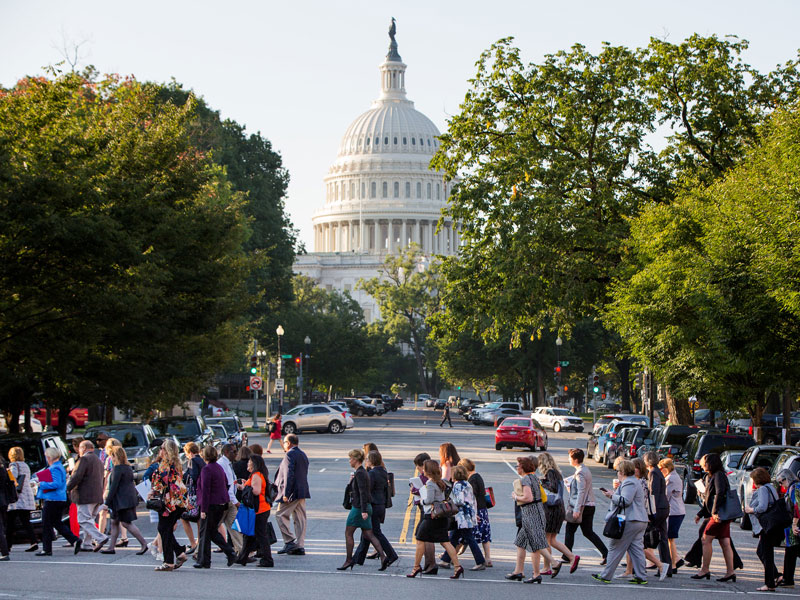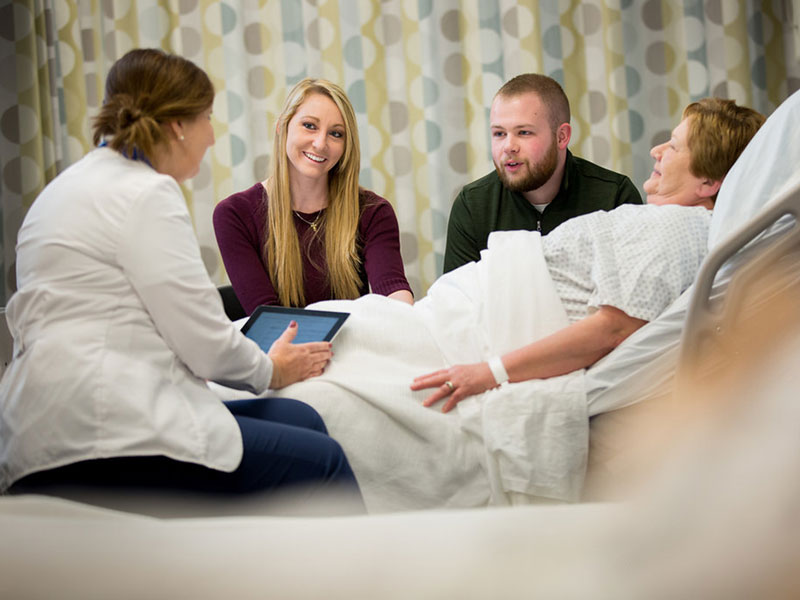Mental Well-Being Is a Focus of Primary Care Throughout Survivorship

Primary care for patients who are cancer survivors is multifaceted. Although my goal as a primary care physician (PCP) remains the same as with all my patients—to continue helping them lead long, healthy lives—care for this population requires some additional steps.
Antibody-Drug Conjugates Join the Best of Two Worlds Into One New Treatment

A new class of drugs, antibody-drug conjugates (ADCs), combines the specificity of targeted therapy with the cytotoxicity of chemotherapy for a powerhouse effect against certain types of cancer variants. Here’s what you need to know about this novel treatment modality.
- Read more about Antibody-Drug Conjugates Join the Best of Two Worlds Into One New Treatment
- Add new comment
FDA Approves Pembrolizumab for First-Line Treatment of MSI-H/dMMR Colorectal Cancer

On June 29, 2020, the U.S. Food and Drug Administration (FDA) approved pembrolizumab (Keytruda®) for first-line treatment of patients with unresectable or metastatic microsatellite instability-high (MSI-H) or mismatch repair deficient (dMMR) colorectal cancer.
- Read more about FDA Approves Pembrolizumab for First-Line Treatment of MSI-H/dMMR Colorectal Cancer
- Add new comment
FDA Approves Combination of Pertuzumab, Trastuzumab, and Hyaluronidase-Zzxf for HER2-Positive Breast Cancer

On June 29, 2020, the U.S. Food and Drug Administration (FDA) approved a new fixed-dose combination of pertuzumab, trastuzumab, and hyaluronidase-zzxf (Phesgo™) via subcutaneous injection for use in combination with docetaxel to treat patients with HER2-positive metastatic breast cancer who have not received prior anti-HER2 therapy or chemotherapy for metastatic disease.
- Read more about FDA Approves Combination of Pertuzumab, Trastuzumab, and Hyaluronidase-Zzxf for HER2-Positive Breast Cancer
- Add new comment
Racism and COVID-19; Nurses in Politics; Combat Social Determinants

A multitude of factors influenced by institutional inequality, such as underlying health conditions and employment opportunities, are to blame for the COVID-19 coronavirus’s disproportional effects on African Americans, Anthony Fauci, MD, director of the National Institute of Allergy and Infectious Diseases, said. His remarks were part of a June 23, 2020, testimony before the House Energy and Commerce Committee.
Develop Your Individual Cancer Screening Plan

As oncology nurses, we know that catching cancer early through screening leads to better outcomes and increased survival rates. We ask our survivors and loved ones to prioritize their cancer screenings, reminding them, “I do not want to see you in my clinic chair or hospital bed with cancer, especially not at an advanced level.” Take care of yourself by giving yourself the same lecture.
U.S. Cancer Costs Projected to Increase to $245 Billion by 2030

From 2015 to 2030, the costs associated with cancer will rise to $245 billion, researchers said in a report that was published in Cancer Epidemiology, Biomarkers, and Prevention.
Nurses Have a Role and Responsibility in Ending Racism

“There’s no way you can extricate what’s been going on and the outcomes of the (COVID-19 coronavirus) from the basic racism and social injustice and inequities that have existed in this country for so many years,” American Academy of Nursing Living Legend Catherine Alicia Georges, EdD, RN, FAAN, said in a June 17, 2020, podcast. “The chronicity of racism is the issue.”
FDA Approves Pembrolizumab for Treatment of Cutaneous Squamous Cell Carcinoma

On June 24, 2020, the U.S. Food and Drug Administration (FDA) approved pembrolizumab (Keytruda®) for patients with recurrent or metastatic cutaneous squamous cell carcinoma (cSCC) that is not curable with surgery or radiation.
- Read more about FDA Approves Pembrolizumab for Treatment of Cutaneous Squamous Cell Carcinoma
- Add new comment
How to Practice Self-Care During Times of Uncertainty

Uncertainty prevails in times of crisis. Patients with cancer are all too familiar with the initial uncertainty surrounding a cancer diagnosis, treatments, and adjusting to a new normal. Oncology nurses are seeing parallels with the COVID-19 coronavirus pandemic as people worldwide face the unknowns of a health threat and the economic aftermath of the outbreak. Medical caregivers are confronting it head on as they work together to protect and tend to the physical and psychosocial needs of others.





